Responsible for Changing Myself – Tracy’s Story
I was 34 years old when I entered the doors of Healing Transitions. I was broken and desperate for a dramatic and much-needed change in…
Looking Back & FORWARD
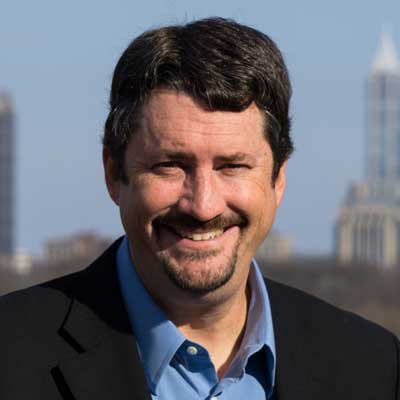
Chris Budnick
Executive Director
2018 marked a record-breaking year with both the highest-ever number of individuals served and average daily census, which has increased the demands on already overcrowded campuses. We attribute these increases to the growing population of Wake County and the current opioid crisis. These two factors have created a moral dilemma for the organization as we seek to respond to the tension between the stress of overcrowding and the risks of turning people away. Shouldering the burden of this dilemma are the staff and participants. They have my admiration and appreciation due to their hard work, innovation, resilience and compassion.
Hard Work: Due to the leadership of our new development team, the active engagement of our Boards of Directors and Trustees, the formation of a development committee and the expertise of consultants (moss+ross and Angel Oak Creative), we had an incredibly successful year nearly doubling our total supporters from 545 donors in 2017 to 1,049 donors in 2018.
Innovation: We launched our Rapid Responder pilot program in partnership with Wake County Public Health and Wake County EMS, and we successfully established a recovery outreach program for any individual who has received services from us, regardless of their length of stay.
Resilience and Compassion: There has been a 197% increase in opioid overdose deaths in Wake County from 2013 (38) to 2017 (113). The loss of life is a daily reality for our staff and participants. In 2018, 15 former participants died from an opioid overdose, leaving each of us overcome with grief. In the midst of it all, our people have continued to rally around one another with love, support and a relentless commitment to help others.
Looking Forward: As we gear up to launch a historic $11.75 million capital campaign for our much-needed expansion, we enter 2019 filled with excitement, energy and eager anticipation. We’re committed to seeking new and improved ways to provide our services, and in so doing, directly impact more lives than ever before. Because recovery can’t wait.
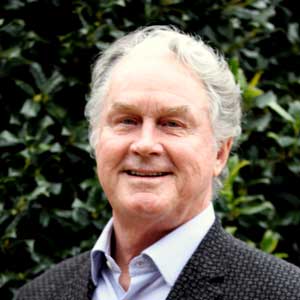
Richard Gaylord
Board Chair
“Leadership, energy and commitment to a mission always trickles down through the organization and determines that organization’s destiny. For this reason, I personally feel very excited about the future of Healing Transitions. Our Board of Directors is currently composed of individuals who are passionate about our overall mission and focused intently on how to address the overcrowding and demand for services at both campuses. To be a part of such a talented and diverse group of people is both fun and rewarding. We are excited to be in the leadership phase of a capital campaign to expand both campuses and will share more updates in the coming year.
2018 was the most successful year ever for the board and staff of Healing Transitions and we fully expect 2019 to be even better. I feel Healing Transitions is one of Wake County’s most valuable assets. If you haven’t toured one of our campuses I would encourage you to call us for one this week.”
Our 2018 MILESTONES
Healing Transitions has responded to the nationwide increase of unintentional opioid overdoses by implementing a series of overdose prevention strategies, including overdose reversal drills. These are held just as we would a fire drill and help to ensure everyone on our campuses knows what to do in an emergency situation. In 2018 alone,
As part of an effort to raise the integrity of our brand as one of excellence and to increase public awareness in preparation for our capital campaign public launch in 2020, we launched an organization-wide brand refinement including both our logo and our messaging.
Because of your steadfast support, Healing Transitions had a 92% increase in total donorship (up from 545 donors in 2017 to 1,049 donors is 2018).
Intended to engage individuals in the community who’ve had an opioid overdose reversal, we partnered with Wake County Public Health and Wake County EMS to launch the Rapid Responder pilot program. We hired three former participants, each with their own personal opioid overdose experience, and had them trained as NC
For the first time in our history, due to the record-breaking demand for services, we had to start using overflow mats in classrooms and community spaces to keep up. This reflects our higher-than-ever census numbers in 2018.
Our Year in NUMBERS
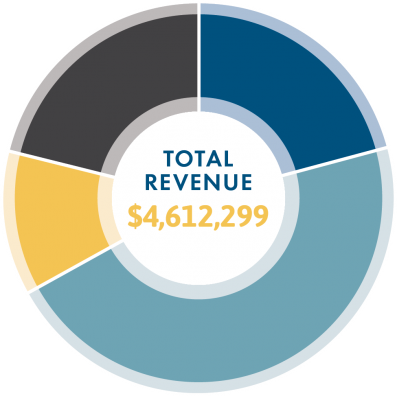
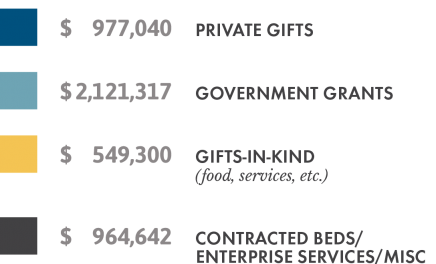
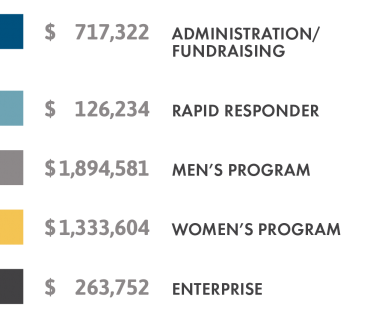
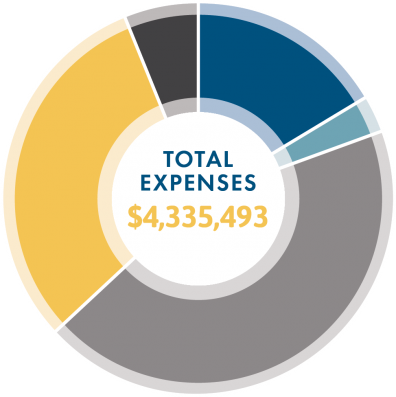
Our Year in NUMBERS




2018 Impact STATS
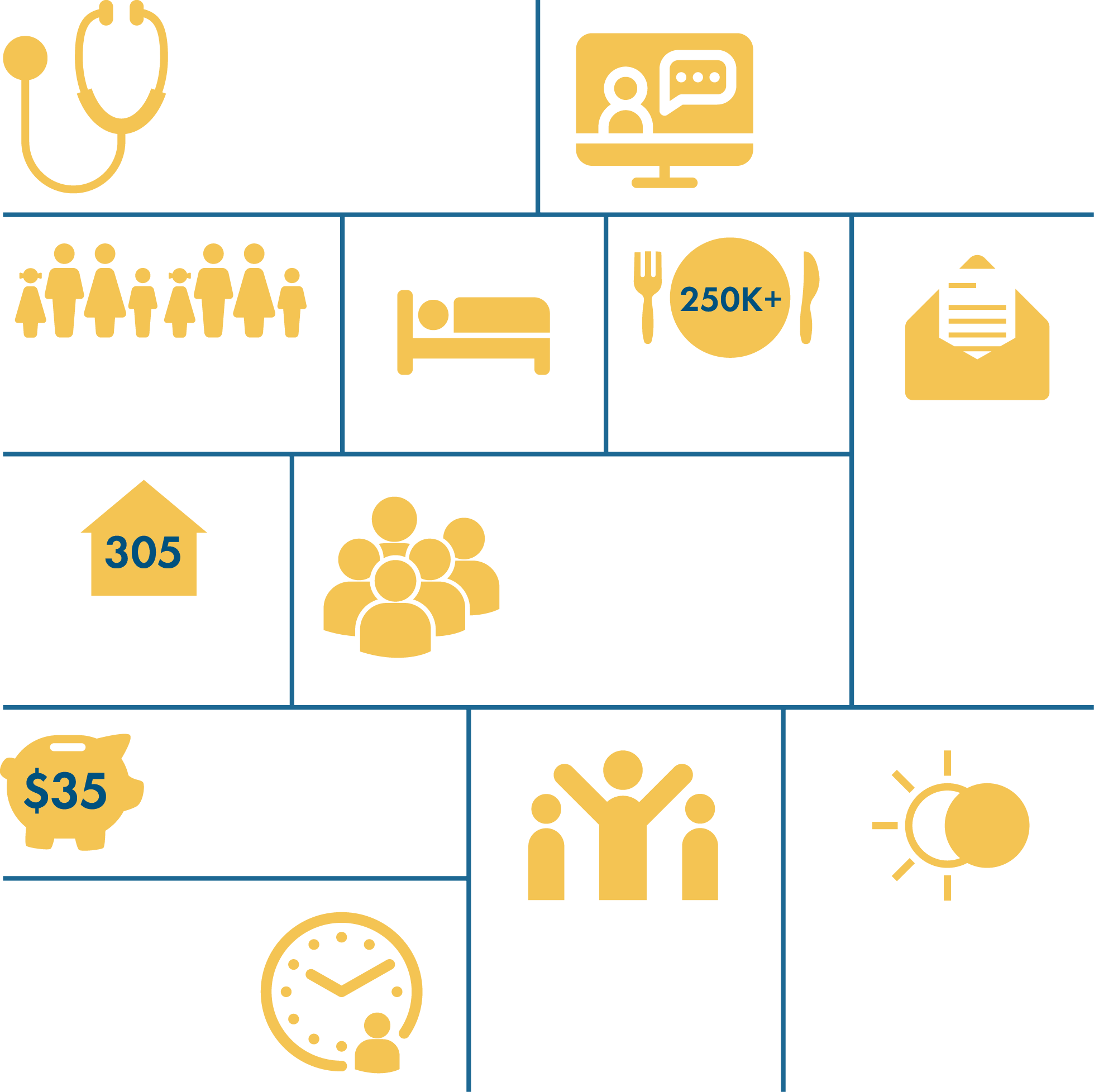
Stories of HEALING
I was 34 years old when I entered the doors of Healing Transitions. I was broken and desperate for a dramatic and much-needed change in…
I grew up in New York before moving to North Carolina when I was in my early teens. Not too long after moving here, I…
A lot of my drinking was based on my childhood. My real parents were divorced when I was an infant. My mom remarried and I…
Our VILLAGE
We couldn’t do it without our village of supporters, partners, volunteers and leaders. We rely on each one of you to help move our mission forward. Because of you, we’re building a community where long-term recovery can flourish.
HEALTH & HUMAN SERVICES
Advance Community Health
Alliance Health
Carolina Outreach
Connected Community
Cornerstone
Duke Raleigh Hospital
Veterans Affairs Medical Centers
Fellowship Health Resources
Monarch
Morse Clinic
NC Harm Reduction Coalition
NC MedAssist
Raleigh Pharmacy
Recovery Communities of North Carolina (RCNC)
REX Healthcare
SouthLight Healthcare
Turning Point Family Care
UNC Health Care Addiction Treatment Center at WakeBrook
Urban Ministries’ Open Door Clinic
Wake County Department of Public Health
Wake County Human Services
Wake County McKinney Team
Wake County Medical Society – Project Access
WakeMed Faculty Physicians
WakeMed Hospital
Wake Smiles
FIRST RESPONDERS & CRIMINAL JUSTICE
Cary Police Department
CIT (Crisis Intervention Team) Training
Department of Parole and Probation
Garner Police Department
Raleigh Police Department
Wake County Emergency Medical Services
Wake County Sheriff’s Department
EDUCATION
Campbell University
NCCU
Consumer Education (CESI)
Fatheread
Motheread
Meredith College
NCCU
NCSU
P3
Shaw University
Triangle Family Services
UNC School of Social Work
Wake Technical Community College
COMMUNITY ENGAGEMENT & CIVIC ORGANIZATIONS
A Place at the Table
Allscripts Volunteers
Blue Cross Blue Shield NC
The Camel Club
Dix Park Advisory Committee
F3 (Fitness, Faith, and Fellowship)
FIA (Females in Action)
Habitat for Humanity
Homeless Employment Initiative Team
Homeless Working Group
Journey Church
Nationwide Volunteer Network
Oak City Recovery Run Club
Raleigh/Wake Partnership to End and Prevent Homelessness
Runologie
St. Mark’s United Methodist Church
Temple of Pentecost Church
Wake County Master Gardeners
Wake County Overdose Prevention Coalition
White Memorial Presbyterian Church
YMCA
HOUSING & HOMELESS SERVICES
A Simple Way Recovery Homes
The Carying Place
The Diaper Exchange
Dress for Success
Emmaus House
Families Together
Family Promise of Wake County
Fellowship Home of Raleigh
The Food Bank of North Carolina
The Green Chair Project
Helen Wright Center for Women
The Interfaith Food Shuttle
LGBTQ Center
Love Wins
North Carolina Guardian ad Litem
Oak City Cares
Oxford Houses of North Carolina
Passage Home
Raleigh Rescue Mission
Salvation Army
SAFEchild
Shepherds Table Soup Kitchen
StepUp Ministries
Toys 4 Tots
Wheels 4 Hope
The Women’s Center of Wake County